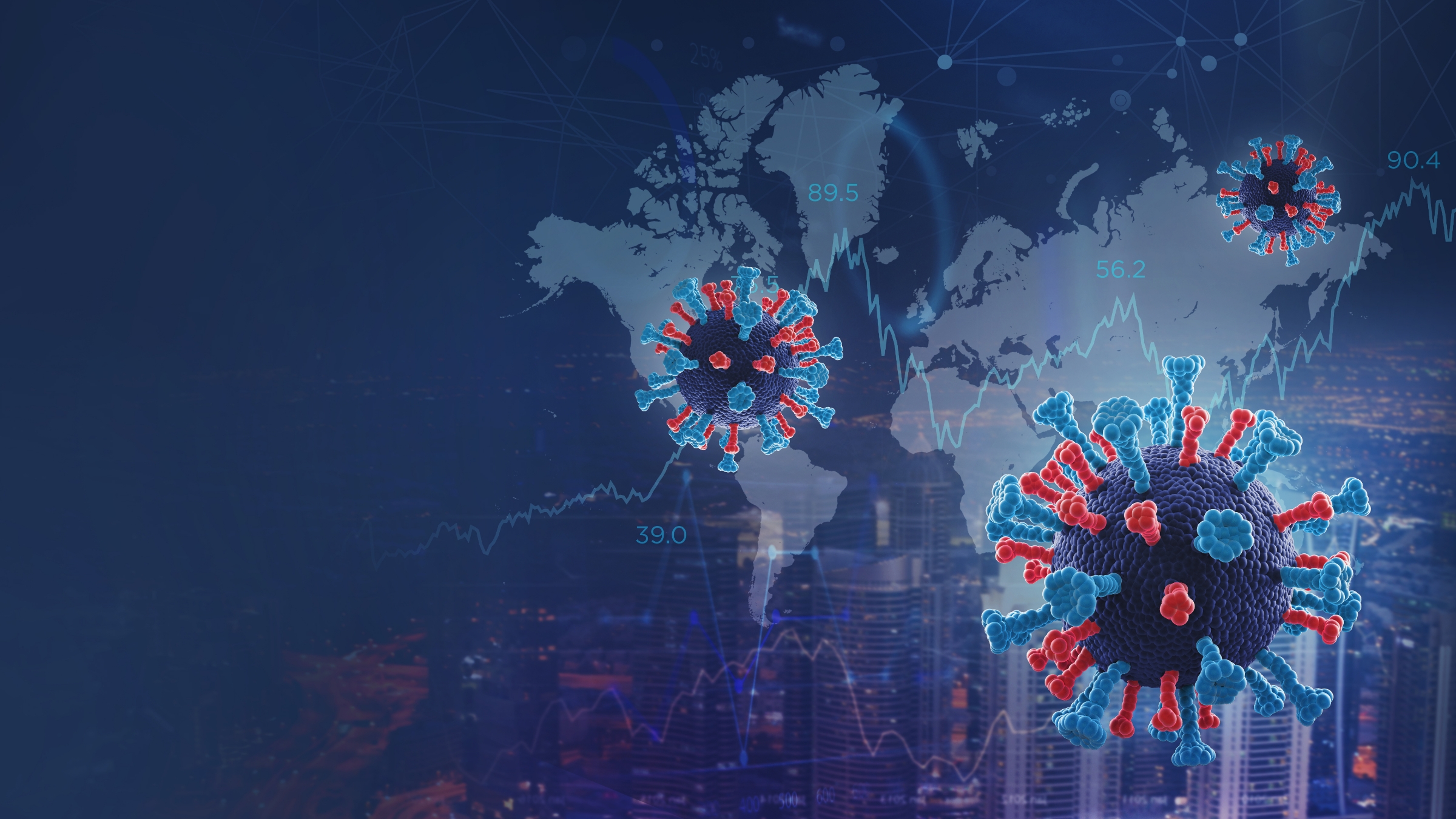
In July, a Forecasting Research Institute study revealed AI-powered epidemic intelligence tools now allow non-experts to engineer deadly pandemics, with annual risk estimates surging fivefold to 1.5% unless global regulations intervene, according to TIME.
Recent benchmarks show AI outperforming PhD-level virologists in designing pathogens, with systems like Anthropic’s capable of guiding users through bioweapon creation, provoking urgent calls for international oversight.
Cloudflare and publishers curb AI data scraping to slow unchecked development, but experts warn engineered outbreaks could collapse healthcare systems and kill millions without immediate safeguards.
In the study Forecasting Biosecurity Risks from LLMs, shared exclusively with TIME, experts quantified the threat of human-caused pandemics if AI could advise on virus creation. Initially, the annual risk was 0.3%. When experts considered AI epidemic forcasting of human-level virology advice, the risk rose fivefold to 1.5%.
In April, researchers tested AI pandemic models on complex virology tasks. Today’s AI outperformed PhD-level experts – a skill once thought years away, making epidemic intelligence a real threat.
“You could try to synthesize something like COVID or a more dangerous version of the flu – and basically, our modeling suggests that this might be possible,” said Chief scientist at AI lab Anthropic, Jared Kaplan.
The shifts highlight speculative scenarios into operational realities, and with AI advancing at breakneck speed, the challenge isn’t technological progress but whether regulations can keep pace.
Machine Learning for Data-Centric Epidemic Forecasting
As AI gets smarter, experts fear humanity’s unprepared for the risks this carries, especially if misused to engineer viruses or pandemics. What once required expert virologists is now alarmingly accessible through powerful pandemic intelligence tools.
These systems can quickly synthesize data, propose genetic edits, fix lab protocols, and even walk users through creating bioweapons. In the wrong hands, these capabilities will be catastrophic.
Studies shown a disease outbreak prediction through AI models now rival or exceed PhD-level experts in complex biological tasks. Without strict controls, widespread access could provoke engineered pandemics, overwhelming healthcare systems, crashing economies, and killing millions.
That’s why scientists and advocates for policy are calling for prompt AIepidemic surveillanceregulations. It is their belief that we can no longer have a free attitude in developing AI. There must be an international system that restricts those who have access to tech and how they are used and marks both tech and medical industry accountable for protection. Otherwise, the intelligence we are creating to solve issues that afflict humanity might make them worse than ever.
Resisting Unchecked AI Growth
As warnings accumulate, some technology chiefs are taking measures to limit the access of AI to sensitive online information.
On Tuesday, the cybersecurity company Cloudflare, that protects about 20% of the internet, announced it will begin blocking AI bots from scraping websites by default. The decision shows a shift in how web content will be accessed by AI developers.
Cloudflare’s initiative, including a potential “Pay Per Crawl” model that would allow content creators to set prices for their data, aims to rein in the uncontrolled scraping that has fueled recent AI advances.
TIME and other major publishers have backed this move toward a more consent-driven system.
AI models trained on massive online datasets are developing capabilities far faster than expected, with few limits on how or by whom they’re used.
Easy access to artificial epidemic intelligence tools paired with their growing improvements could prove a dangerous mix if manipulated by malicious actors. Without urgent global cooperation and enforceable regulations, experts warn we may be walking blindly into the next biosurveillance using AI catastrophe.
Inside Telecom provides you with an extensive list of content covering all aspects of the tech industry. Keep an eye on our Intelligent Tech sections to stay informed and up-to-date with our daily articles.